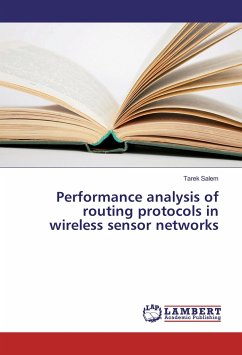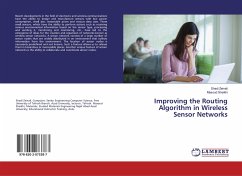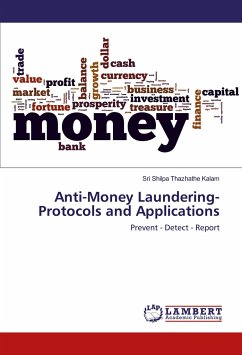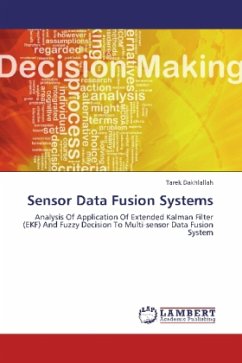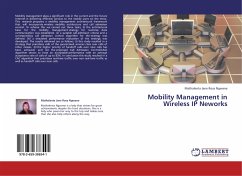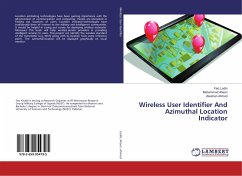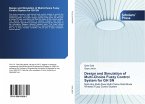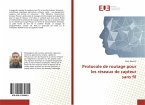In this book, comparison between LEACH (hierarchal based routing) and Directed Diffusion (Flat based routing) routing protocols are introduced with different mobility models (different application). Also, two mechanisms, so called LEACH2.1 and LEACH2.2, which are considered enhanced versions of LEACH routing protocol, have been proposed for clustered sensor networks. The proposed mechanisms introduce significant solutions to some limitations of the original LEACH to increase the efficiency of the energy balance. Such mechanisms propose a new energy balance level to prolong the overall network lifetime. In this work, NS2 simulator [53] is integrated with different mobility models such as RPGM, Manhattan and Random Way to compare between the original LEACH and Directed Diffusion and the proposed mechanisms. The simulation results show that the performance of LEACH is better than Diffusion in RPGM and staic mobility model. Also, the performance of Directed Diffusion is better than LEACH in Random way and Manhattan mobility models. In addition, the performance of our solutions is better than the original LEACH in terms of the average energy consumed.

